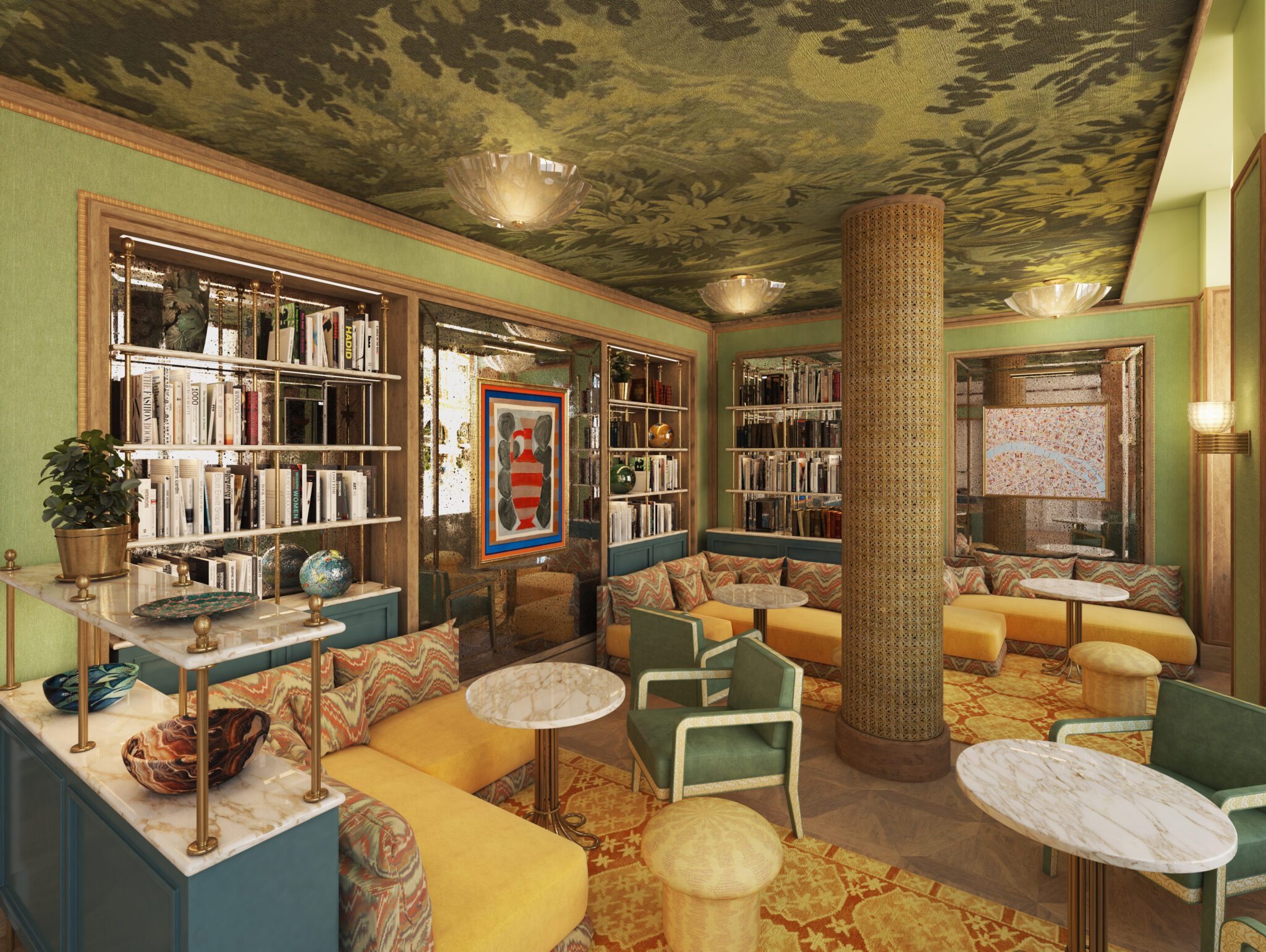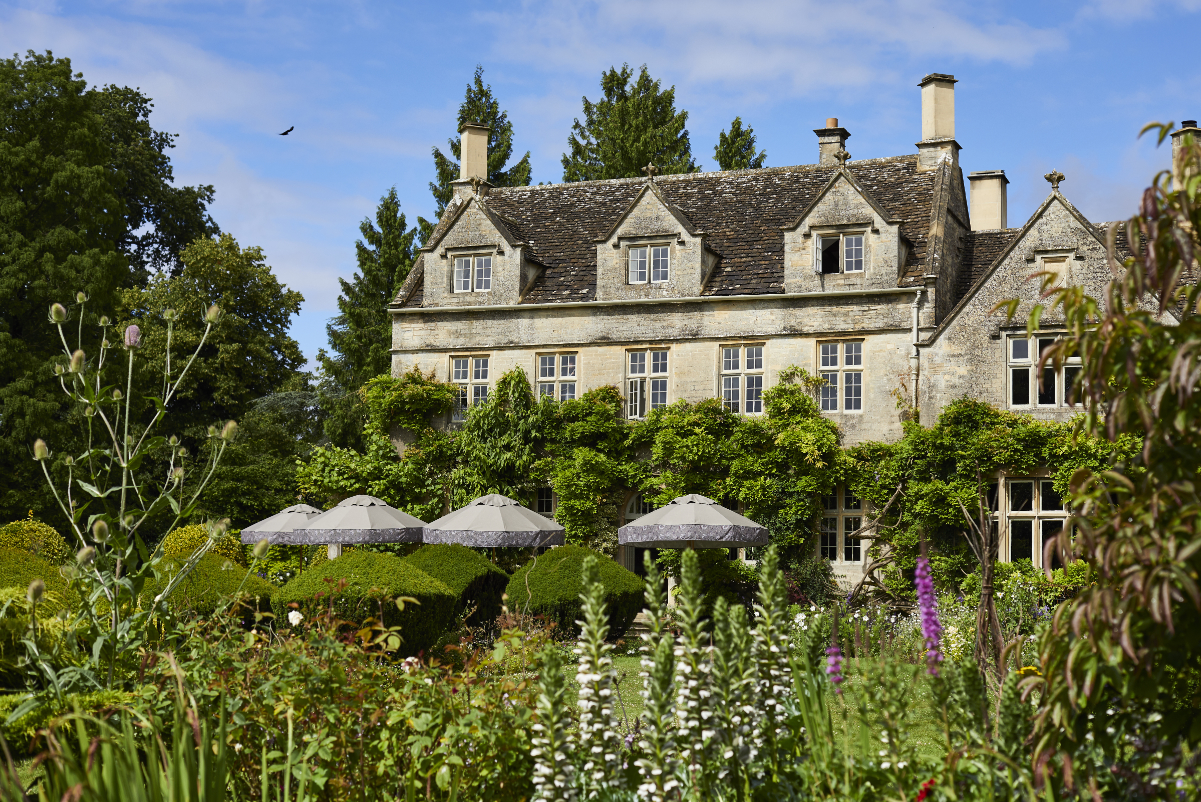Modern Luxury: The Case For an Elevated Boutique Hotel

Skift Take

On Experience
Colin Nagy is a marketing strategist and writes on customer-centric experiences and innovation across the luxury sector, hotels, aviation, and beyond. You can read all of his writing here.This summer has seen a surge in the highest end of luxury across the world. Some of it is about revenge travel and increased global mobility: A lot of the Middle Eastern market parked closer to home in Covid and are now shipping their Bugattis to the streets of London and other haunts in Europe. The palaces of Paris, the best hotels in Europe, and five-stars in the U.S. did brisk business at eye-watering rates.
I don’t think this is about to change. There’s a new class of hyper luxury (think the Cheval Blanc in Paris) that will continue to attract travelers who don’t look at the bill. As a hotel-obsessed friend recently commented: “$1,500 is the new $600” in terms of room rates. This is well and good for ownership, and the social class that still loves the old vestiges of luxury: marble, beaux-arts interiors and all of the trappings of excess (replete with 70 euro butter chicken).
But from these properties joining a new, nosebleed asset class comes an interesting opportunity: The elevated boutique, which doubles down on sensibility, hires talent that may have worked at some of these palaces, and has sturdiness in construction, materials, and super crisp F&B concepts. These elevated boutiques play at an entry level luxury price-point of around $450 to $600 a night, so it is at the higher end of what you’d see on Tablet Hotels, but there’s still value in the equation for what you get.
How does this differ from boutiques of the past, you may ask? Many of them, starting from the Morgans hotel epoch and onward, emphasized aesthetic and icy sex appeal at the cost of other areas, like warmth of service. This new white space is much more evolved, and more satisfying for the guest.
My argument now is you can have it both ways: great design and polished, modern service. And there is a market segment of those likely priced out of the hotels they used to frequent that are up for grabs. Give them modern hospitality, something that doesn’t feel cookie cutter, with an element of sensibility that is in an interesting part of the city.
Modern Luxury: No Pretense, More Human
For me, the most vivid example of this right now is La Fantaisie which recently opened in the 9th arrondissement in Paris. When I stepped in, I was expecting another high-concept Paris boutique, high on the cool sensibility but low on the quality of materials and actual build. Something that photographs well for the social feed, but is a bit hollow when you tap on the veneers.
But I was pleasantly surprised: It was the best boutique hotel I’ve set foot in in recent memory. The design was inspired (crafted by Swedish architect Martin Brudnizki), anchored in a strong point of view with impeccable quality. There is ample green space, creating a haven in the back of the hotel, with a cafe for informal morning coffees and a rooftop bar.
It felt like a very modern style of luxury without pretense or any ostentation, operating at a human scale. With a smaller footprint, it is easier to get to know the staff, and they, in turn, can provide a more personal touch to the stay. Many staff, formerly from ultra-luxury hotels like La Reserve Ramatuelle in the South, chose to switch to a boutique, yet their professional polish remains evident.
Dominique Crenn, the first female U.S. chef to win three Michelin stars, is behind its main restaurant, Golden Poppy, with a fish and vegetable-centric menu which felt quite inspired. The hotel had enough F&B, as well as indoor and outdoor social spaces to feel like a interesting social ecosystem with Parisians and foreign travelers alike.
La Fantaisie exemplifies my thesis: There’s ample opportunity for boutique hotels to cater to discerning guests that hyper-luxury establishments may overlook. While pricing might be higher than earlier boutique waves, it’s about the right investments and execution. La Fantaisie sets a global benchmark for this market tier. The world needs more hotels like this, that balance cultural depth, design, and don’t skimp on the service.




